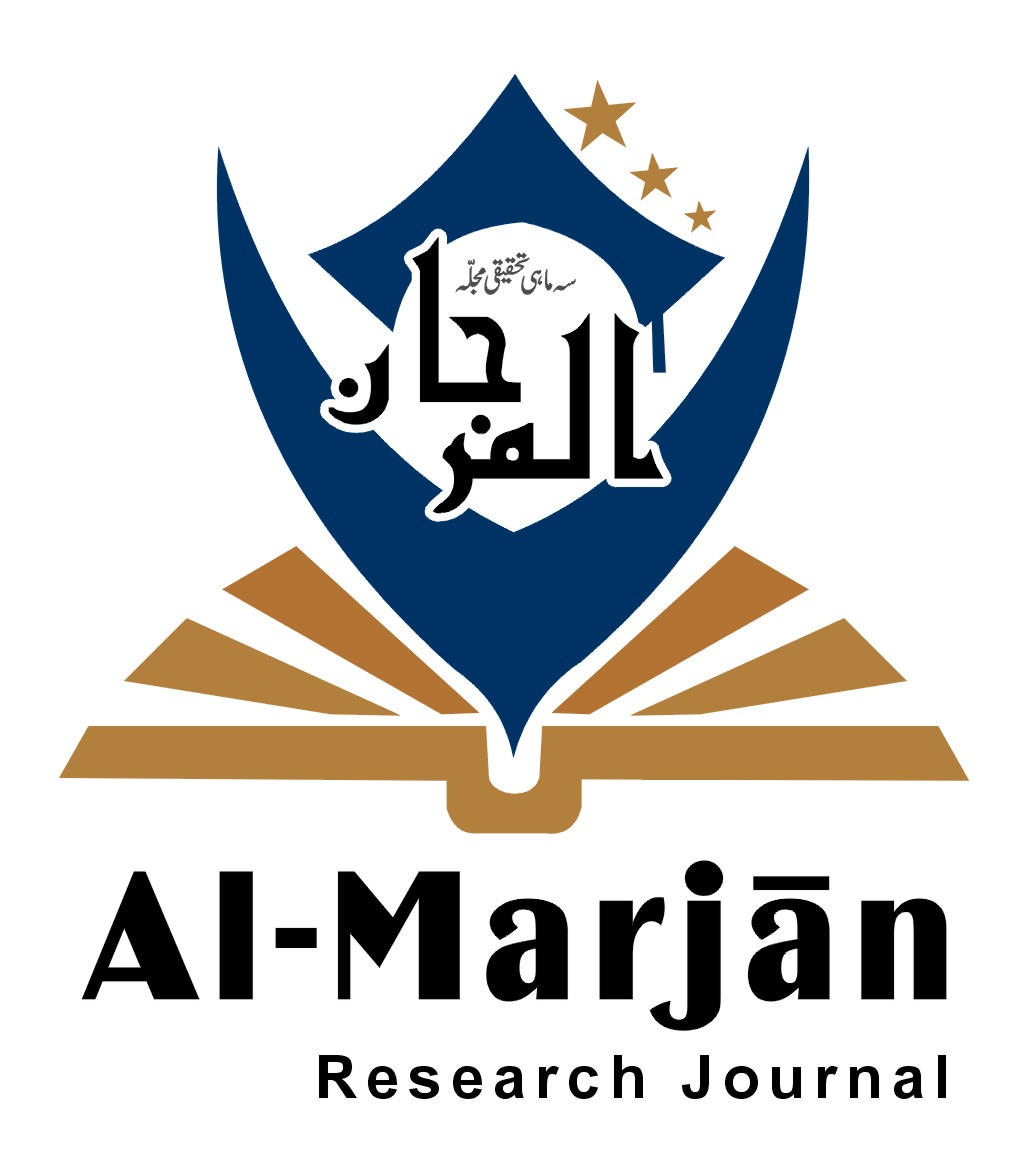Revisiting the Sunnah: A Socio-Ethical Framework for Contemporary Social Sciences
إعادة النظر في السُّنَّة: إطار أخلاقي-اجتماعي للعلوم الاجتماعية المعاصرة
DOI:
https://doi.org/10.1234/t9xfv516Keywords:
Sunnah, Social Sciences, Ethical Framework, Prophet Muhammad (ﷺ), Contemporary RelevanceAbstract
There is no aspect of human life that remains untouched by the teachings of the Prophet Muhammad ﷺAs he himself declared, " وَإِنَّمَا بُعِثْتُ مُعَلِّمًاIndeed, I have been sent as a teacher[1] The Prophet (ﷺ) not only imparted religious knowledge but also illuminated areas of knowledge that modern science and research have only recently begun to uncover. He urged humanity to seek knowledge and made people aware of its significance and value. The Prophet (ﷺ) gave such importance to knowledge that, during the aftermath of the Battle of Badr, he declared that any prisoner of war who could read and write but could not afford ransom should teach ten residents of Madinah how to read and write in exchange for their freedom. This act showcases an early form of educational policy, mirroring aspects of modern education systems. Today, various countries across the globe continue to explore the teachings of the Prophet (ﷺ) through academic research. In the light of modern scientific and social science perspectives, his teachings are being re-evaluated and highlighted. This article examines key areas within modern social sciences particularly political science, economics, environmental education, values education, defense education, and public administration through the lens of the Prophet's (ﷺ) teachings. The intellectual and worldly wisdom of the Prophet Muhammad (ﷺ) has not only been acknowledged by Muslims but also by scholars of other faiths. The renowned American astronomer, writer, and historian Michael Hart acknowledged in his book The 100 that the Prophet (ﷺ) was the only man in history to achieve supreme success on both the religious and secular fronts[2]. The Uswah Ḥasanah (noble example) of the Prophet (ﷺ) contains profound guidance for the political, social, economic, and cultural dimensions of human life. Throughout his life, the Prophet (ﷺ) dedicated himself not only to the propagation of Islam but also to eradicating ignorance, superstition, domestic oppression, economic corruption, social deviance, and the violation of human rights. His teachings brought dignity and recognition to women, the weak, the oppressed, and slaves in the global society.
[1] Ibn Mājah, Muḥammad ibn Yazīd, Sunan Ibn Mājah (Cairo: Dār al-Ḥadīth, 1372 AH), 2:784, ḥadīth 2437.
[2] Michael H. Hart, The 100: A Ranking of the Most Influential Persons in History (New York: Hart Publishing, 1978).






































